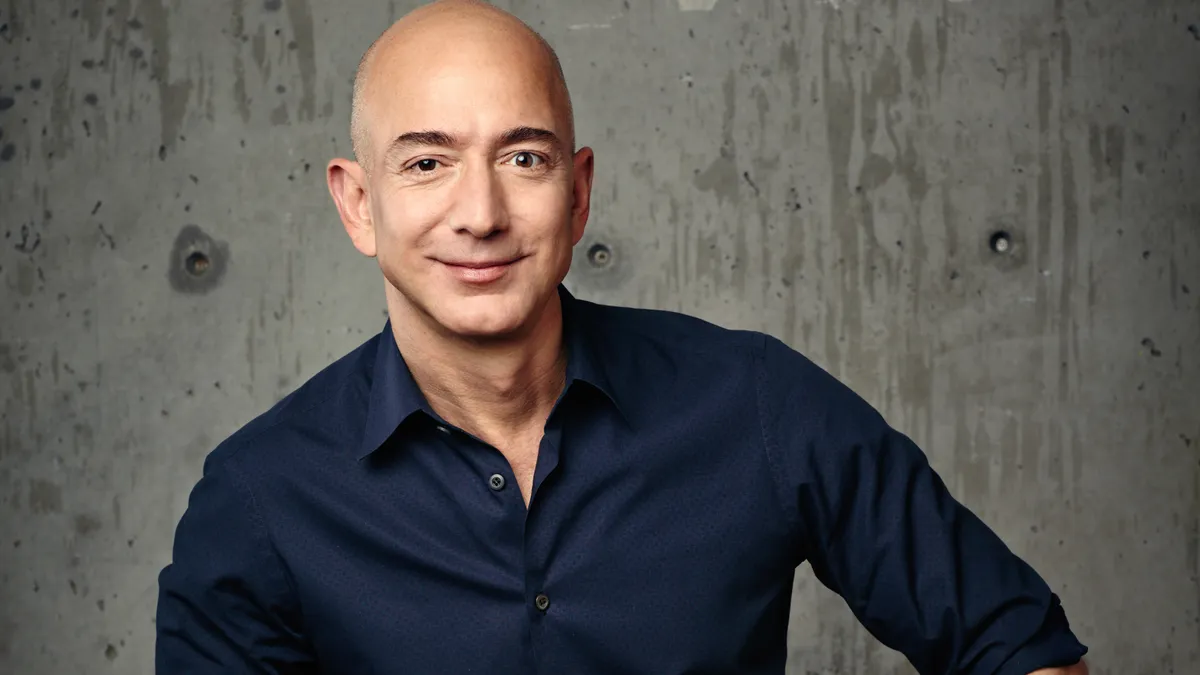Dive Brief:
-
In a June filing with the state’s administrative law court, the State of South Carolina is claiming that Amazon is short $12 million in state sales tax, from sales through its marketplace, CNBC and other news outlets report.
-
President Trump took it upon himself earlier this week to chime in on the issue, tweeting on Wednesday, "Amazon is doing great damage to tax paying retailers. Towns, cities and states throughout the U.S. are being hurt - many jobs being lost!"
-
As of this past spring, Amazon has collected sales taxes from all states that have implemented such levies. But its marketplace sellers are responsible for sales tax collections on their own, according to Amazon’s seller website. Amazon didn't immediately return Retail Dive’s request for comment and more details.
Dive Insight:
Amazon had largely thrown in the towel when it comes to state sales tax collection. For years the online retailer enjoyed a respite — and a sales advantage — because it left the payment of sales taxes up to its customers, who rarely reported such obligations in their sates.
That’s all over, in part because Amazon has physical presence in most states and will have in all as it expands its fulfillment network and adds its name to Whole Foods locations. (Retailers with a physical presence in a state have long been required to add state sales taxes to their online orders.)
With half of the goods sold via Amazon coming from its Marketplace, though, states are once again missing out on a significant source of sales tax revenue. That prompted South Carolina’s June move, and is likely to spark similar moves elsewhere.
The issue is getting extra attention because of the president’s apparent interest in it, which some observers tie to his beef with Amazon founder and CEO Jeff Bezos. Although Bezos has mostly stayed apolitical, he owns the Washington Post, which has reported a series of news reports damaging to the administration and to Trump’s campaign when he was a candidate.















